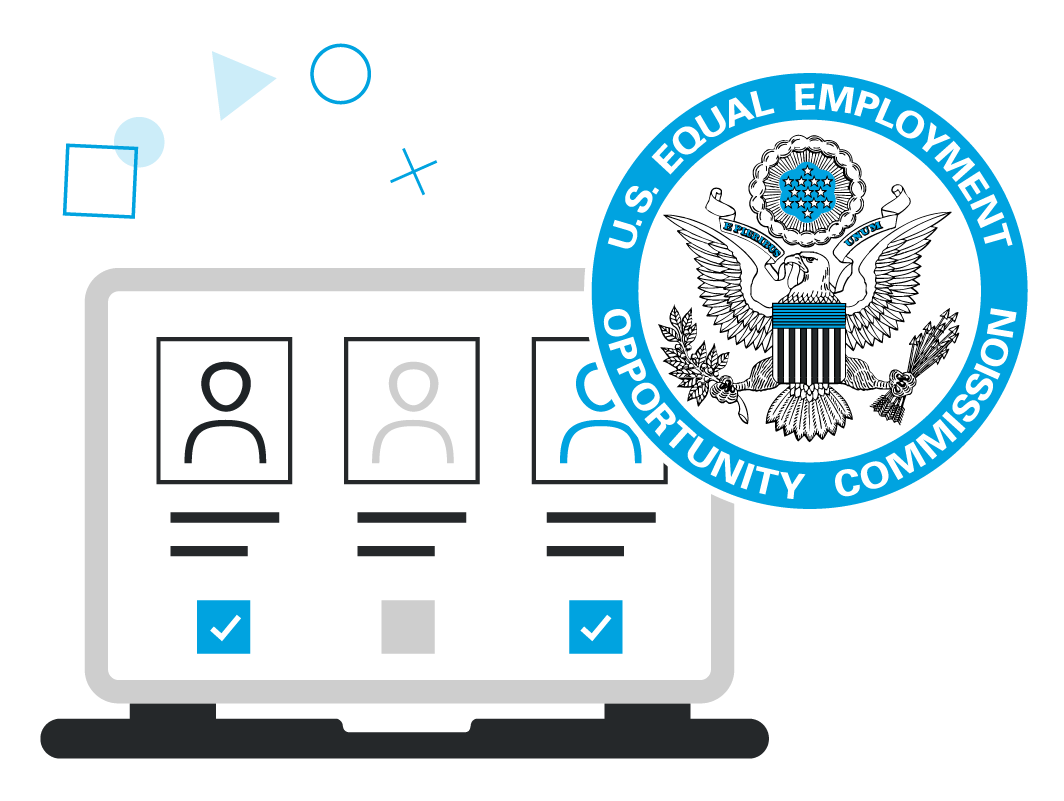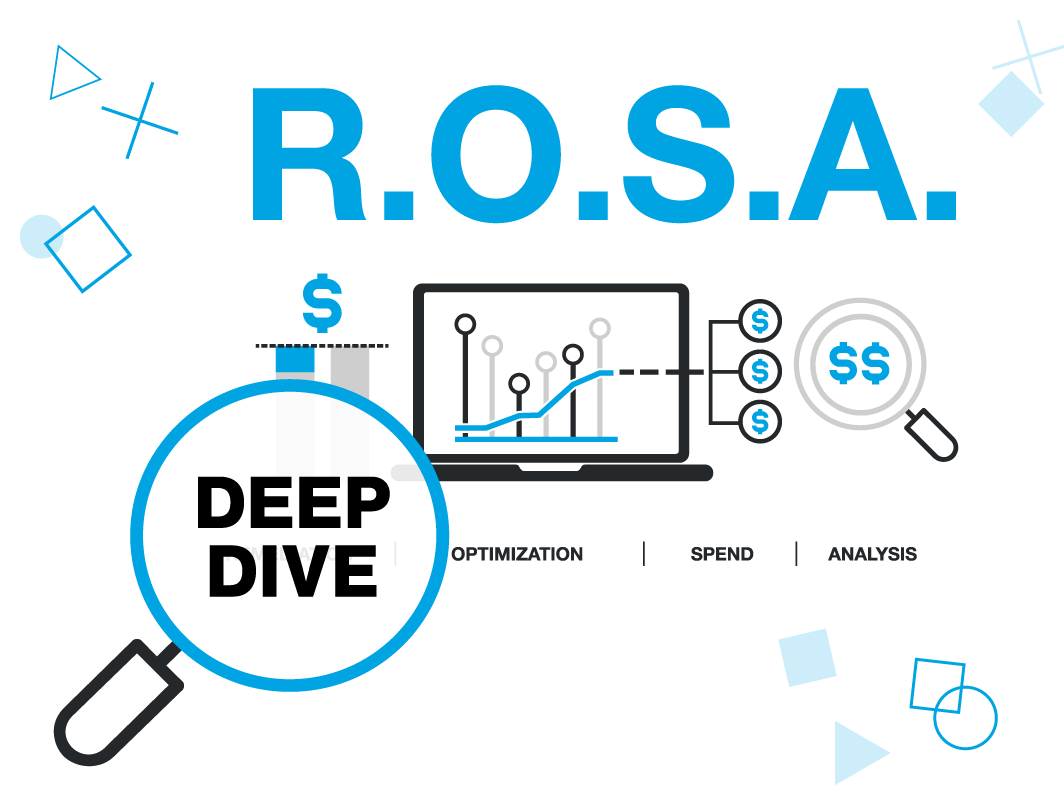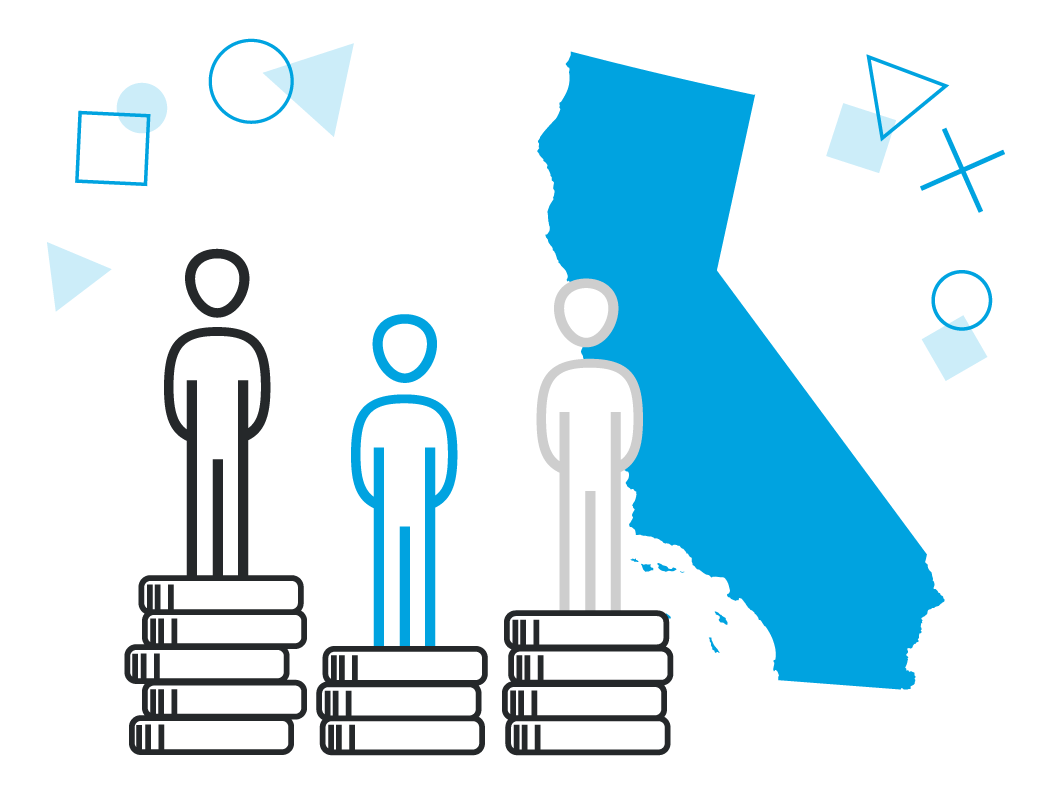
![]()
In an explosive court filing on June 16, the District Attorney for the City and County of San Francisco alleged that the app-based delivery company DoorDash made a “calculated decision” to systematically flout California labor law. Under California Supreme Court precedent in a case known as Dynamex Operations West, Inc. v. Superior Court as well as a statute known as AB 5, California’s labor laws impose a heavy burden on employers to justify the classification of workers as independent contractors, as opposed to employees. This distinction is critical, according to the SF DA, because employees enjoy a number of rights unavailable to independent contractors, such as minimum wage, overtime pay, meal and rest breaks, workers’ compensation coverage, paid sick leave, reimbursement from business expenses, and access to disability insurance.
In both case law and statute, the state of California has adopted the “ABC Test” that employers must apply when classifying workers. Specifically, the ABC test requires that a worker can be classified as an independent contractor only if the following three prongs are met, unless one of a few narrow exceptions applies:
- A) the worker is free from the control and direction of the hirer in connection with the performance of the work, both under the terms of the contract and in fact;
- B) the worker performs work that is outside the usual course of the hiring entity’s business; and
- C) the worker is customarily engaged in an independently established trade, occupation, or business of the same nature as the work performed for the hiring entity.
Much ink has been spilled on the topic of analyzing the ABC test. Most importantly, it is the employer’s burden to justify the worker classification decided upon.
In the case of DoorDash, the SF DA alleged that DoorDash could not meet its burden under any of the three prongs. To get to this assessment, the complaint outlines many details of DoorDash’s business strategy. For example, one paragraph states that “DoorDash’s founders have publicly expressed they modeled their business after the delivery company Fedex, stating that their ‘vision is to build the local, on-demand Fedex.’” Particularly in light of prong “B” of the ABC Test, the SF DA alleged that DoorDash workers—delivery drivers known as “Dashers”—perform “the central part of the business.” The SF DA asked the court for up to $2,500 for each violation of California law.
For employers wanting to avoid the potentially steep penalties and negative PR surrounding the SF DA’s lawsuit against DoorDash, consider a pay equity audit. Experts across the human capital, legal services, and business intelligence industries recommend a pay equity audit as a critical tool in an employer’s risk management tool belt. A pay equity audit can, for example, incorporate statistical controls for factors such as job-type, including independent contractor status. It can also provide actionable intelligence to address such risk before a government agency, such as the SF DA, gets involved.
Not sure how to get started? Let Trusaic provide your organization with a free Pay Gap Analysis, which can be conducted confidentially. Here is what you will get:
- 1-hour consultation to our pay equity team comprised of regulatory compliance experts and data scientists;
- Answers to your pay equity questions;
- A pay gap analysis of your workforce.



